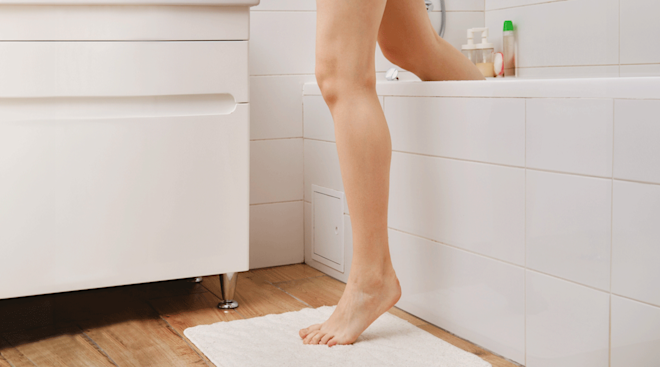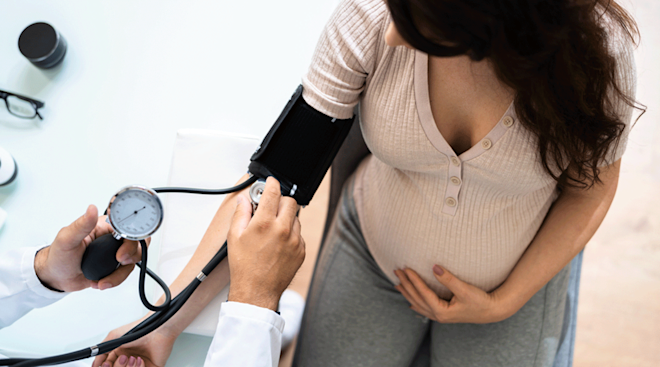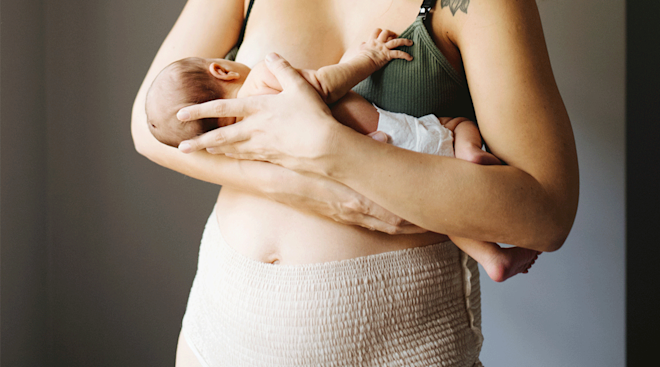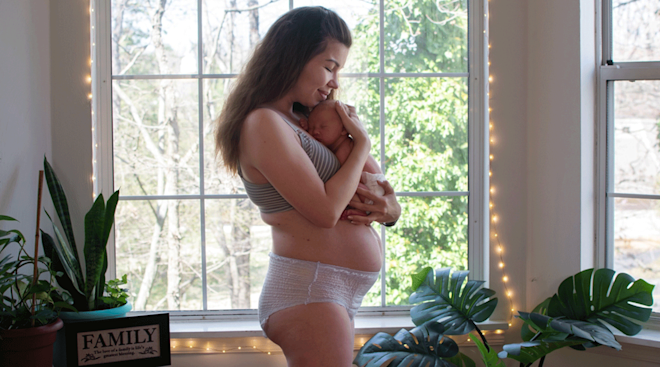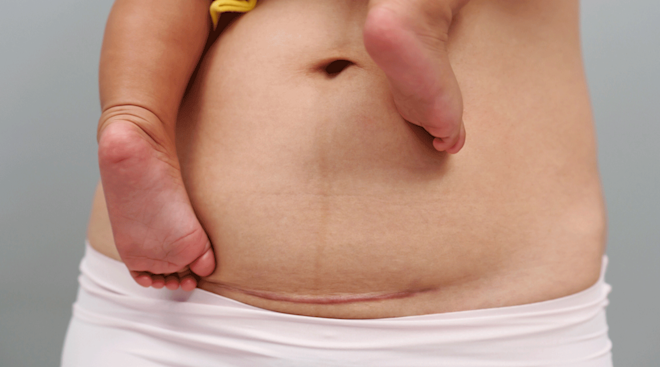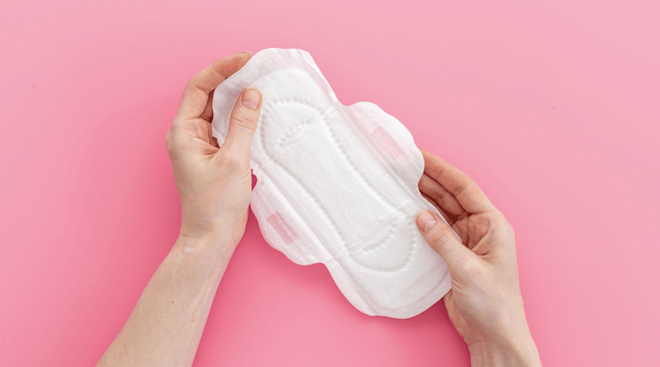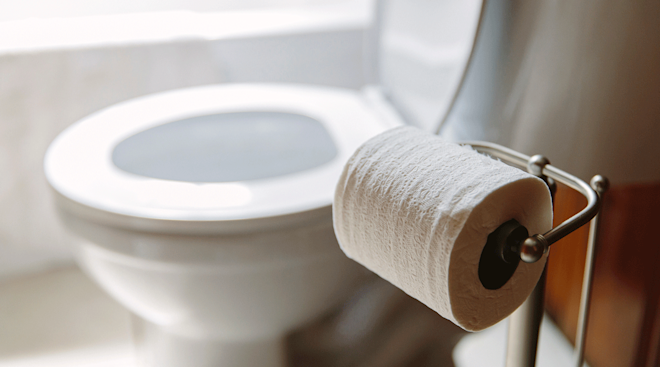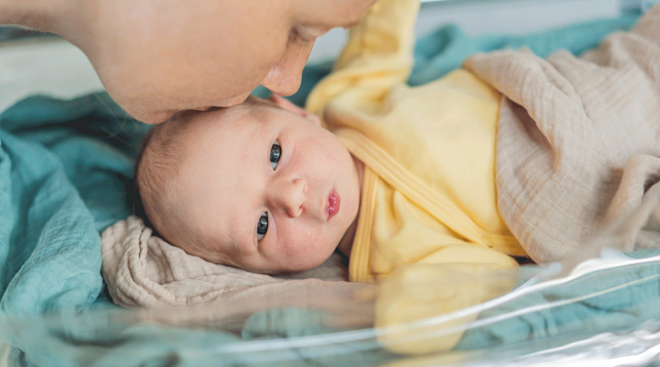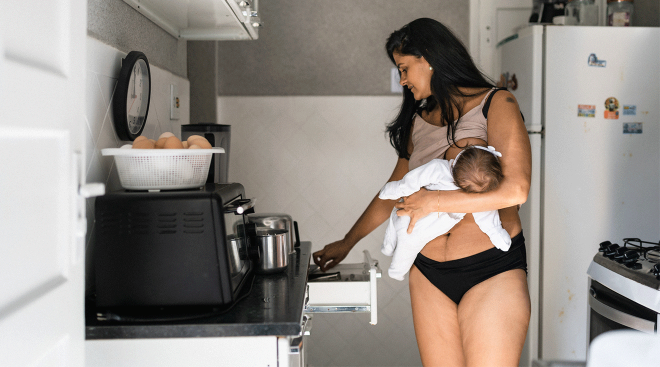What to Do About Postpartum Swelling
Your body goes through a lot of changes during pregnancy and after baby arrives, and some is to be expected. But while your belly slowly shrinks, you may also notice that other areas of your body appear to be swollen. Unfortunately, postpartum swelling—or edema—is often par for the course.
“Everyone gets a little swollen after pregnancy,” says Melissa Bush, MD, an ob-gyn and medical director of obstetrics and perinatology at MemorialCare Saddleback Medical Center in Laguna Hills, California.
At baseline, some postpartum swelling is normal. But it can also be a sign of an underlying health condition, making this an important symptom to pay attention to. Read on to learn why postpartum swelling happens—plus when to reach out to your provider.
Postpartum edema is swelling that happens after you give birth. It can happen on a spectrum, with some new moms experiencing it more than others, Bush says.
Technically, you can get postpartum swelling anywhere, but it’s more common in the legs and feet, says Anthony Monteiro, DO, chief of obstetrics at Rutgers Robert Wood Johnson Medical School in New Jersey.
Postpartum swelling can be caused by a few things. A big factor is that your body produces more fluids (and blood) to support your developing baby during pregnancy, Bush explains. Your body also tends to retain fluids during pregnancy due to higher levels of progesterone, she adds. But that fluid doesn’t magically disappear after you give birth. It can take some time for your body to get rid of it, which can lead to swelling.
“It’s most common immediately after delivery,” Monterio says. If you give birth in a hospital and have an IV drop the whole time—which is standard to prevent dehydration—that fluid can then settle in your legs and feet after you give birth, he says.
Postpartum swelling is a symptom itself, but it can look a little different for everyone. “Most people get swelling of the lower extremities, and some people get really bad swelling of the whole leg or the lower half of the body,” says Bush. While you might have noticeable swelling on your body—especially your legs, ankles and feet—Monteiro says you may also have trouble walking or getting your shoes to fit.
Again, some level of postpartum swelling is normal, but there are a few things you can do to edema.
- Be active. “It’s important to move as much as you can,” Monteiro says. “Try not to sit or lay for extended periods of time except for sleep.”
- Try to avoid extreme heat. Monteiro specifically suggests avoiding hot showers and using hot compresses. This can make the swelling worse.
- Use cool compresses. Putting a cool cloth or ice pack on your legs can help decrease the swelling.
- Stay well hydrated. It seems counterintuitive, but when you’re dehydrated, your body actually holds onto the water that’s already in your body, Bush explains.
Unfortunately, there’s no medication or treatment that can help.
The good news: postpartum edema shouldn’t stick around too long. “Usually people are good by their two-week visit,” says Bush.
Postpartum swelling can be a sign of a serious health complication, including a blood clot, high blood pressure or lupus, Bush says.
If you’re having symptoms like high blood pressure that won’t go back down, or if your leg is in pain, red or hot to the touch, Monteiro recommends contacting your doctor for an evaluation. It’s also a good idea to talk to your provider if the swelling doesn’t seem to be getting better after several weeks.
Rest assure that—for the most part—swelling is normal. Postpartum edema may come, but should go! If you have concerns about postpartum swelling or other symptoms, talk to your doctor.
Please note: The Bump and the materials and information it contains are not intended to, and do not constitute, medical or other health advice or diagnosis and should not be used as such. You should always consult with a qualified physician or health professional about your specific circumstances.
Plus, more from The Bump:
Melissa Bush, MD, is an ob-gyn and medical director of obstetrics and perinatology at MemorialCare Saddleback Medical Center in Laguna Hills, California. She received her medical degree from Harvard Medical School.
Anthony Monteiro, DO, is the chief of obstetrics at Rutgers Robert Wood Johnson Medical School in New Jersey.
Learn how we ensure the accuracy of our content through our editorial and medical review process.
Navigate forward to interact with the calendar and select a date. Press the question mark key to get the keyboard shortcuts for changing dates.


































